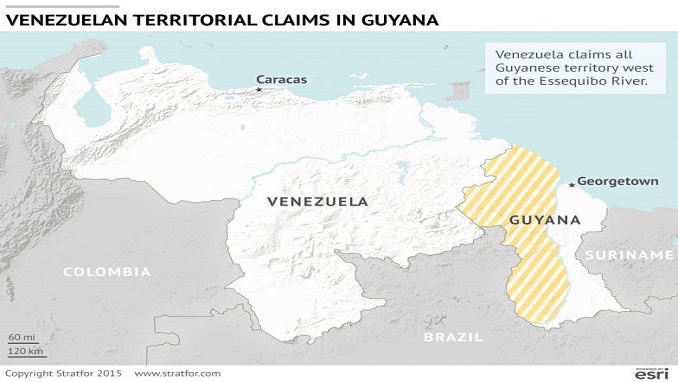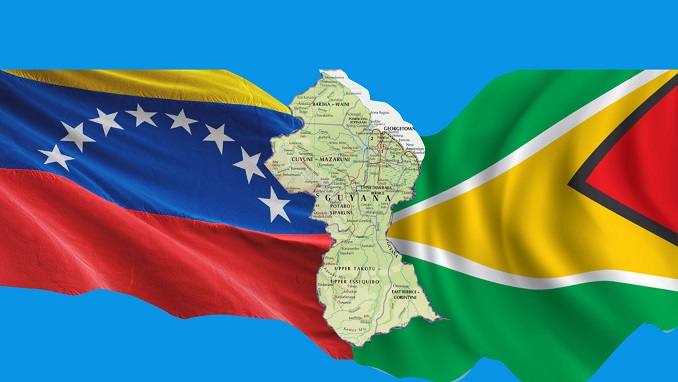The recent judgement handed down by The Hague-based International Court of Justice (ICJ) concerning the border controversy between Guyana and Venezuela has been rejected by the Venezuelan Government, Jamaica Observer reports.
In the landmark ruling handed down last Friday, the ICJ ruled that the decades-old border controversy will finally be settled through a judicial process, a process that has been rejected by Venezuela.
“With its decision, the court not only violates its own doctrine established and sustained for decades, but also its extensive jurisprudence. Consequently, Venezuela rejects the decision of the ICJ, in perfect accordance with the arguments that it opportunely offered — from its sovereign position of not appearing — to assist with it in its duty to issue a pronouncement where the law, the principles of law and customary law required him to declare his obvious lack of jurisdiction.”
A statement from the Venezuelan Ministry of Foreign Affairs on Monday said that by deciding it possesses jurisdiction over the validity of the 1899 arbitration award, the ICJ “commits an incomprehensible and unusual error”.
The Maduro-led Administration in Venezuela said it repudiates the ruling issued by the ICJ, while claiming, once again, the validity of the 1966 Geneva Agreement and ratifying that it will continue to exercise its claim.
Venezuela also reiterated its call for this controversy to be channelled amicably and proposes the beginning of direct negotiations with Guyana, in accordance with international law and on the basis of the 1966 Geneva Agreement, which mandates both parties to resolve the issue peacefully.

The case currently before the ICJ was instituted on March 29, 2018, by Guyana against Venezuela; Guyana is asking the ICJ to pronounce on the legal validity and binding effect of the 1899 Arbitral Award which determined the boundaries between the two countries. In the judgment, President of the ICJ, Judge Abdulqawi Ahmed Yusuf said the court concluded that it has jurisdiction to hear Guyana’s claims concerning the validity of the 1899 Award and related questions of the definitive settlement of the land boundary dispute.
The court decided that the referral of the matter to the ICJ by United Nations Secretary-General António Guterres on January 30, 2018, was legal as is contemplated in the agreement.
Judge Yusuf expressed regret at the decision taken by Venezuela not to participate in the hearings so far. He said the non-appearance of any party has a negative impact on the administration of justice, but noted that even in Venezuela’s absence, the judgment is final and binding on both parties. The Court’s President said now that the ICJ has claimed jurisdiction, Venezuela will be able, if it so wishes, to appear before the court to present its arguments.
According to the judgment, the 1899 Award states that both Guyana and Venezuela consented to the means of a judicial settlement. The full text of the judgment will be available on the ICJ’s website shortly. Venezuela is maintaining a claim to 70% of Guyana’s territory, arguing that the 1899 agreement, which determined the boundaries between the two countries, is null and void.
